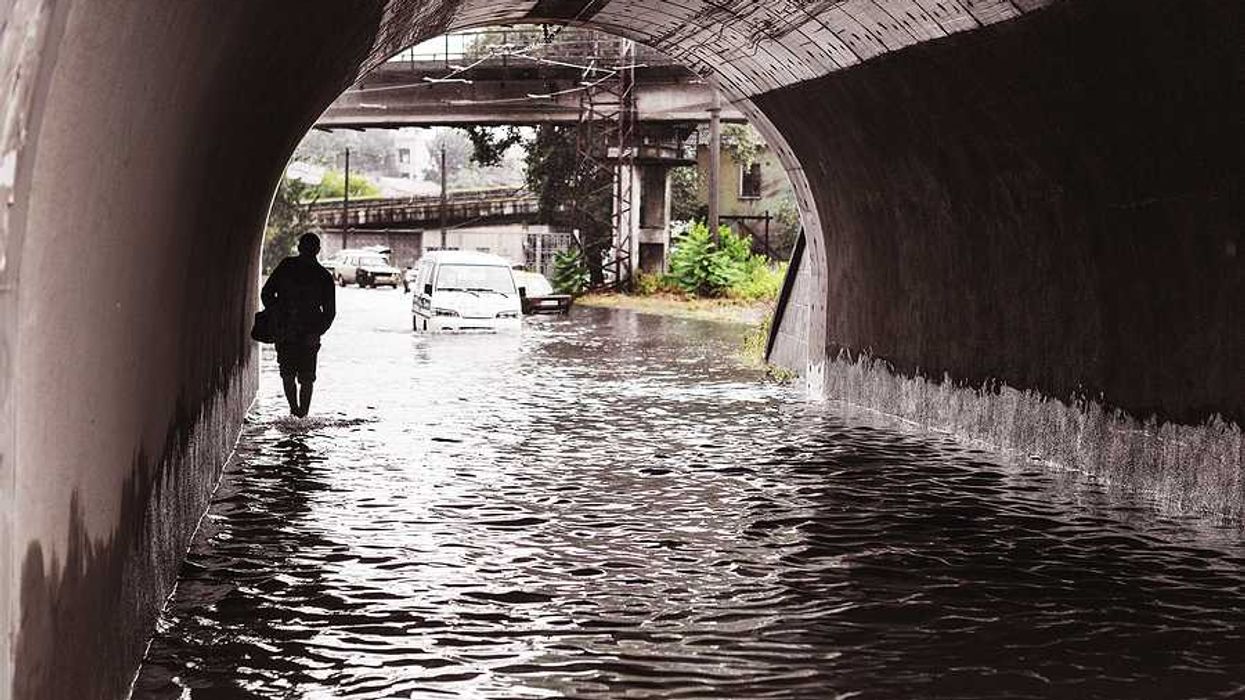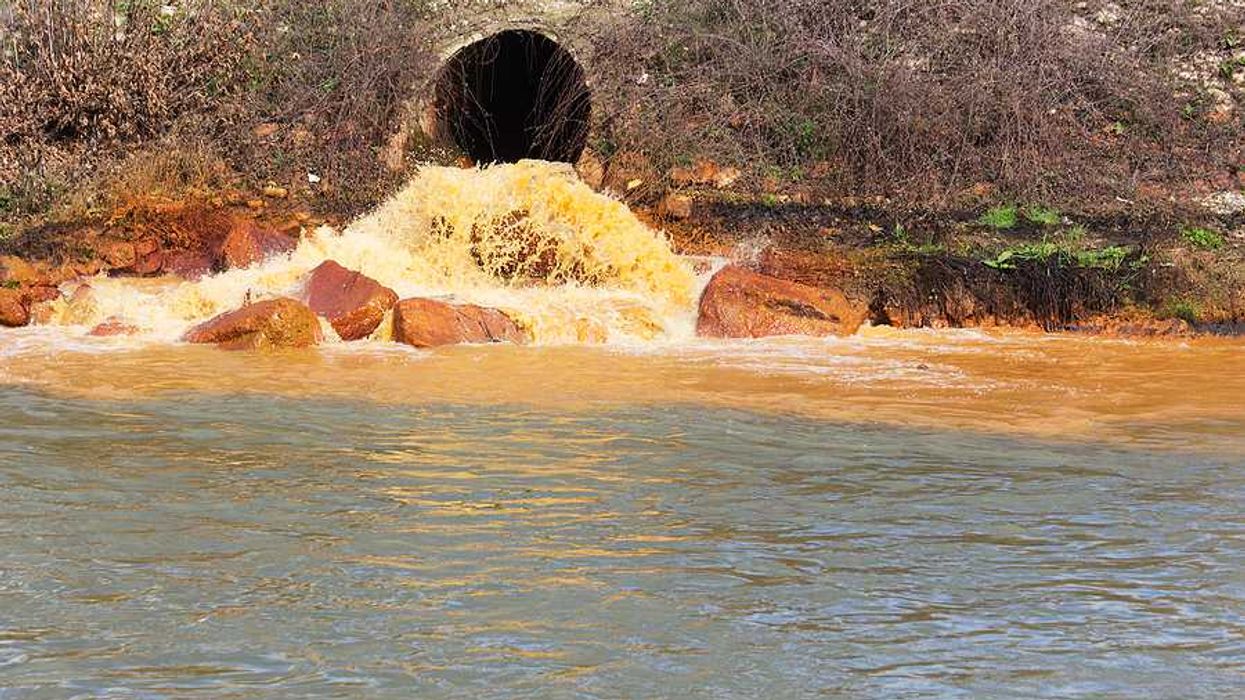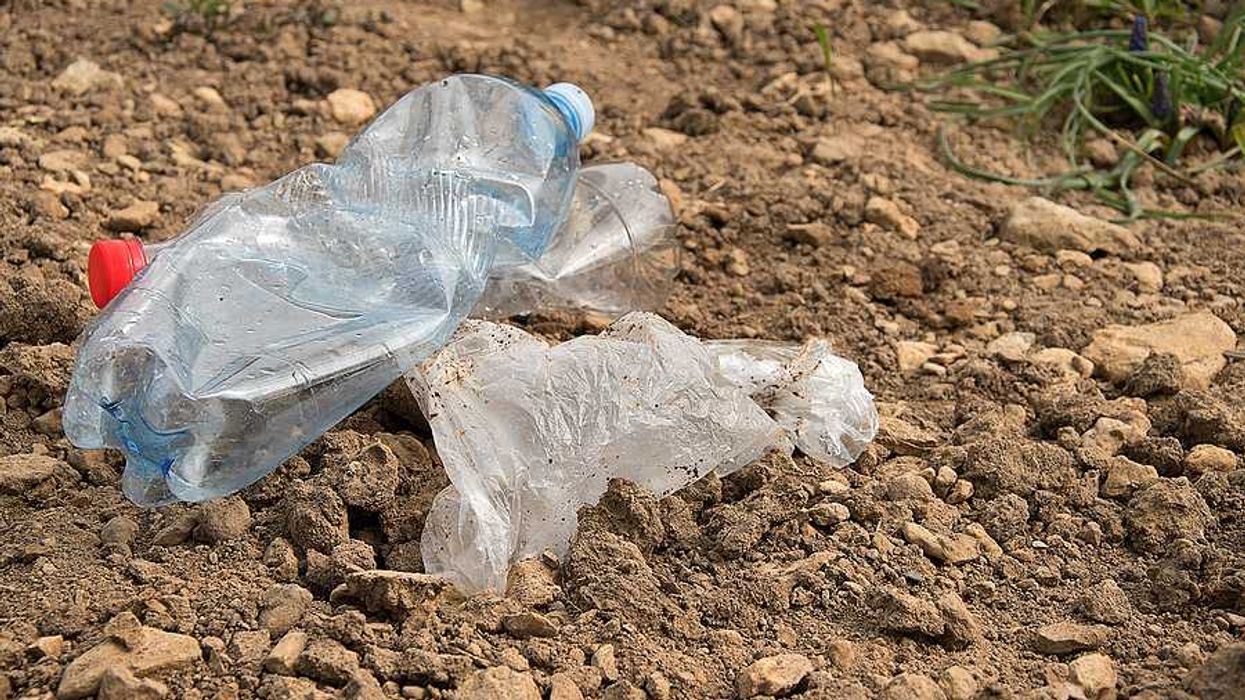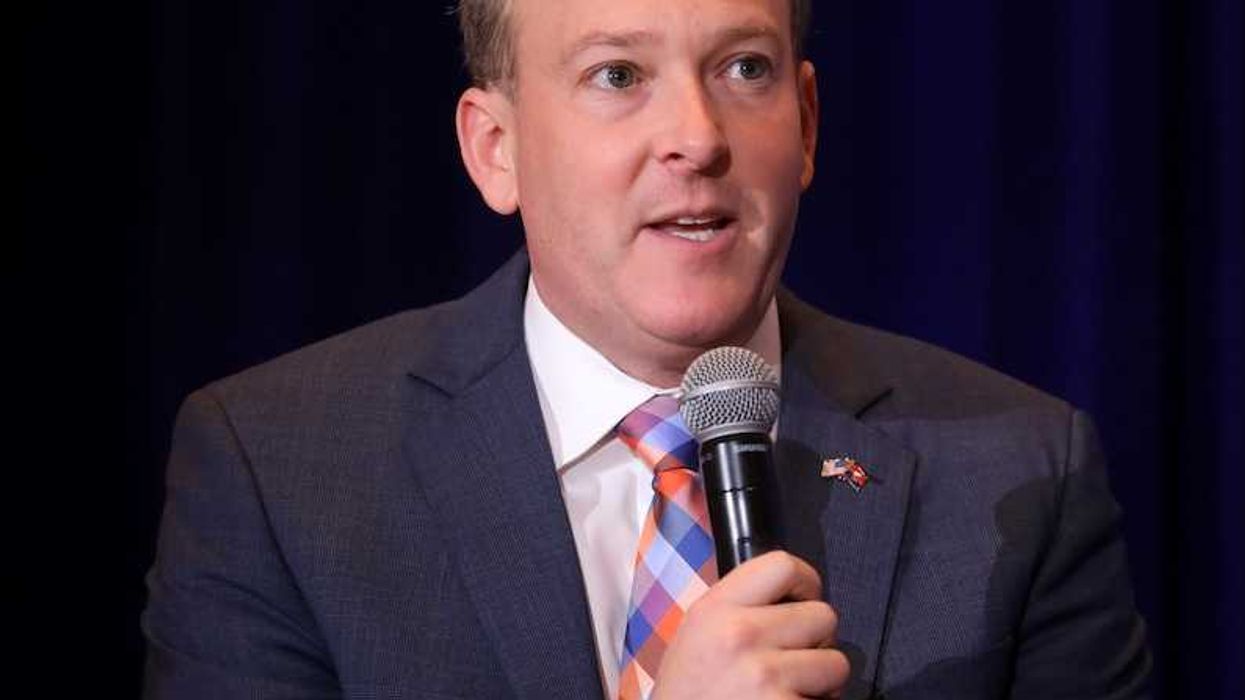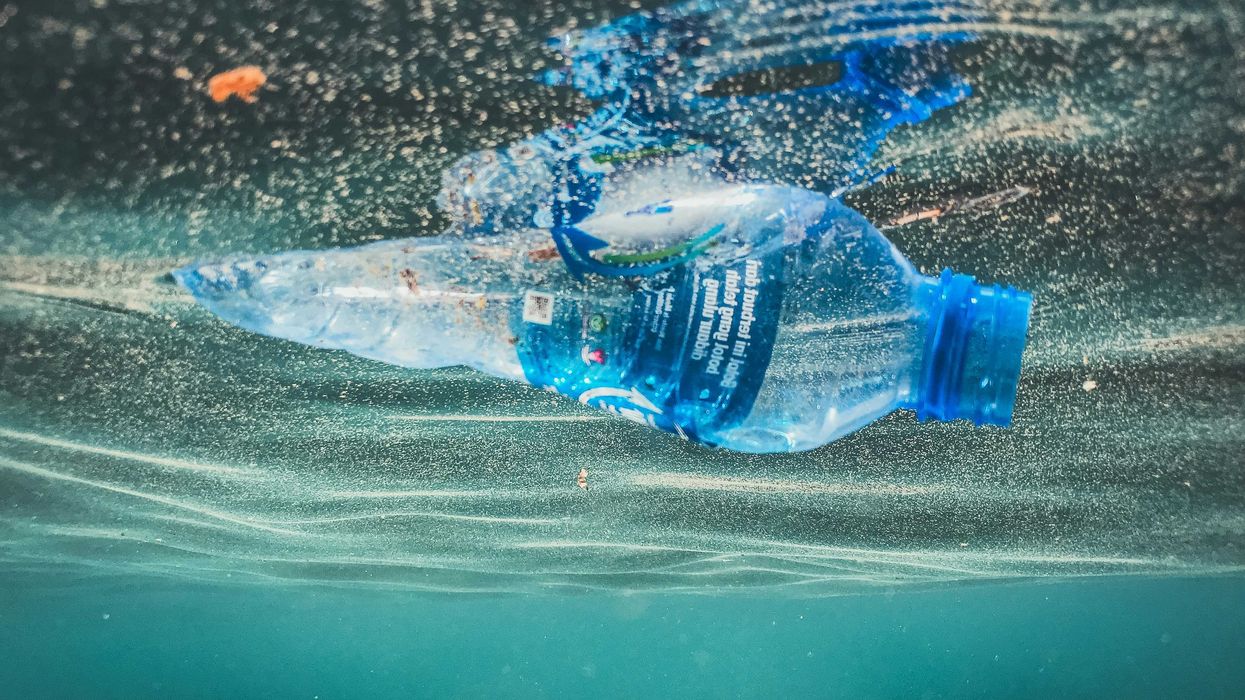In the early months of President Trump’s second term, his administration has dismantled or delayed key environmental rules, putting heavily polluted communities like Channelview, Texas, at greater risk.
Savanna Strott reports for Public Health Watch.
In short:
- The Trump administration cut National Oceanic and Atmospheric Administration staff and proposed slashing its budget by 25%, undermining storm forecasts in hurricane-prone areas like Channelview, where inaccurate warnings can trigger unnecessary evacuations and pollution.
- The U.S. Environmental Protection Agency is ending environmental justice programs, closing regional offices, scrapping data tools like EJScreen, and reversing enforcement of pollution controls, disproportionately harming communities with high cancer risk.
- Repeals or delays of Biden-era rules on air toxics, chemical safety, and grant funding affect 218 petrochemical sites, including Channelview facilities emitting ethylene oxide, a known carcinogen.
Key quote:
“It’s a leg-up to the polluters. It’s a double-whammy on the communities that are going to bear the burden of that pollution the most.”
— Jennifer Hadayia, executive director of Air Alliance Houston
Why this matters:
Industrial communities along the Gulf Coast face mounting health threats as regulatory protections unravel. Channelview sits in the heart of one of the country’s largest petrochemical corridors and already ranks in the top percentile for cancer risk from air pollution. When federal safeguards are stripped away, local and state governments often lack the will or resources to fill the gap. The rollback of rules governing toxic air pollutants, flood risk, and emergency response puts people in greater danger — especially during storms, accidents, or facility shutdowns. In areas where children play next to chemical tanks and benzene hangs in the air, policy shifts in Washington have real consequences for lives, lungs, and futures.
Related:
- Lives “devastated’ by petrochemical industry pollution in Texas: Report
- Toxic air lingers in Texas Latino community, revealing failures in state’s air monitoring system
- Levels of cancer-causing benzene reached new heights in beleaguered Channelview, Texas. Regulators never told residents.
- ExxonMobil, LyondellBassel and Chevron among Houston’s top polluters: Report


